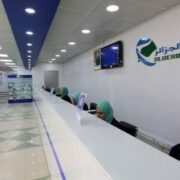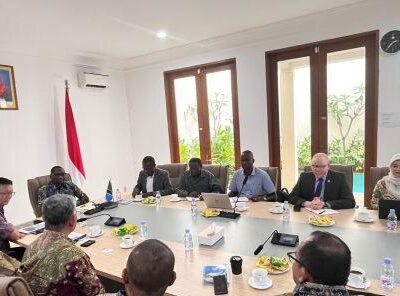
- The ARIA platform is now active in Guinea and Togo, with Proparco joining as a financial partner to support private sector growth.
- Since its 2021 launch, ARIA has helped mobilize over $50 million in investments across underserved African markets.
- Of the companies identified by ARIA, half aim to cut imports or boost exports, and 43% require technical support to secure investor backing.
The Africa Resilience Investment Accelerator (ARIA) is extending its footprint to Guinea and Togo, furthering its mission to support private sector development in underserved African economies. This new phase includes the entry of Proparco as a financial partner and the expansion of technical assistance for local businesses seeking long-term financing.
Launched in 2021 by British International Investment (BII) and Dutch development bank FMO, ARIA focuses on helping private firms in countries that typically receive little international capital. The platform is already active in Benin, the Democratic Republic of Congo, Ethiopia, Liberia, and Sierra Leone.
In just four years, ARIA has helped attract over $50 million in investment to businesses in these frontier markets—low-income countries with limited access to global funding.
“The partnership with Proparco reflects the strong commitment of development finance institutions to build up technical assistance and channel more capital to frontier markets, where private investment is still scarce,” said Leslie Maasdorp, Director General of BII.
A July 2024 report by ARIA, based on 400 firms in its initial countries of operation, identified 128 businesses with strong investment potential. These are mainly in the agri-food (27%), financial services (21%), manufacturing (19%), and energy (17%) sectors. Together, they are seeking about $2 billion in funding, with 53% of requests falling between $5 million and $20 million.
Half of these projects aim to reduce import dependency or boost exports. About 42% serve local markets, while 26% are tied to climate-focused goals. However, the analysis also revealed that 43% of the companies will need technical assistance to become investor-ready.









Comments